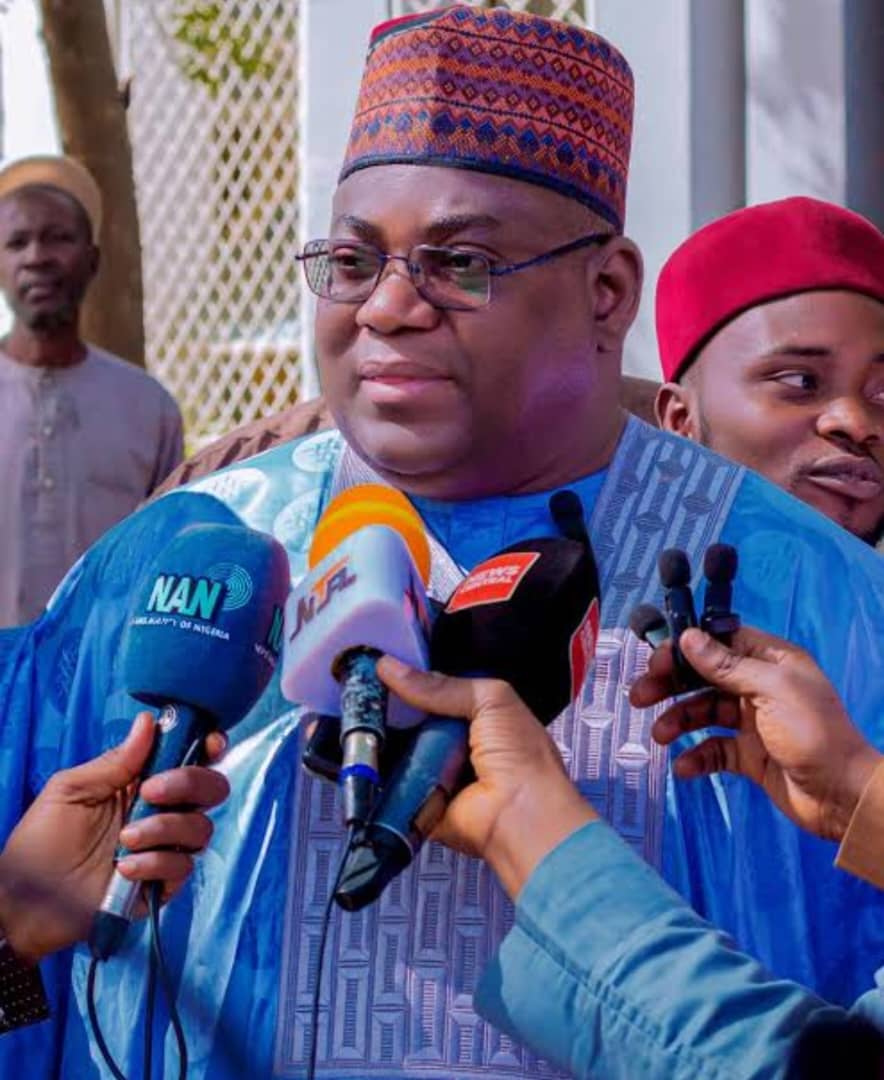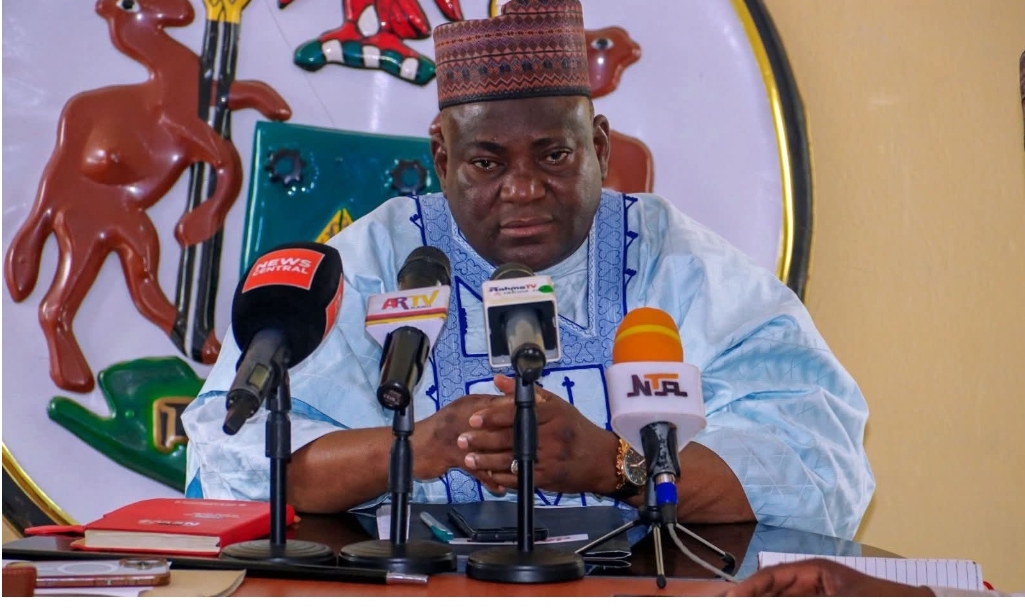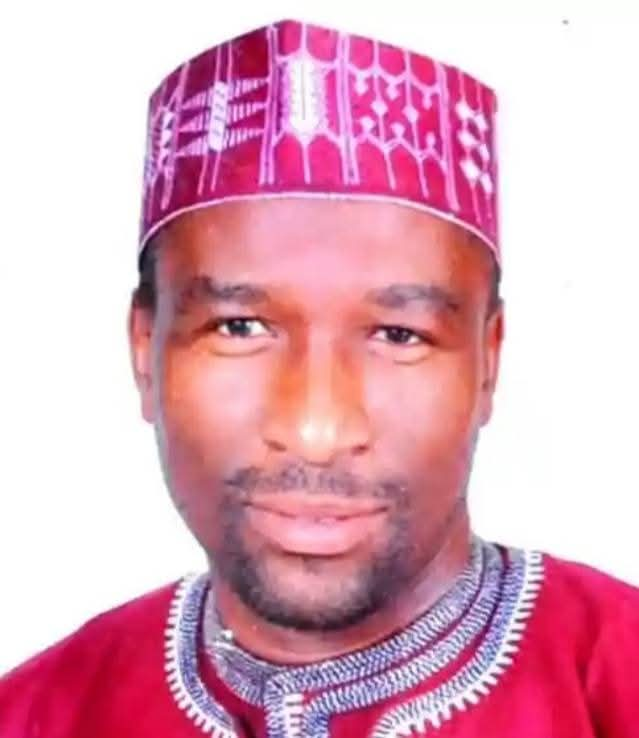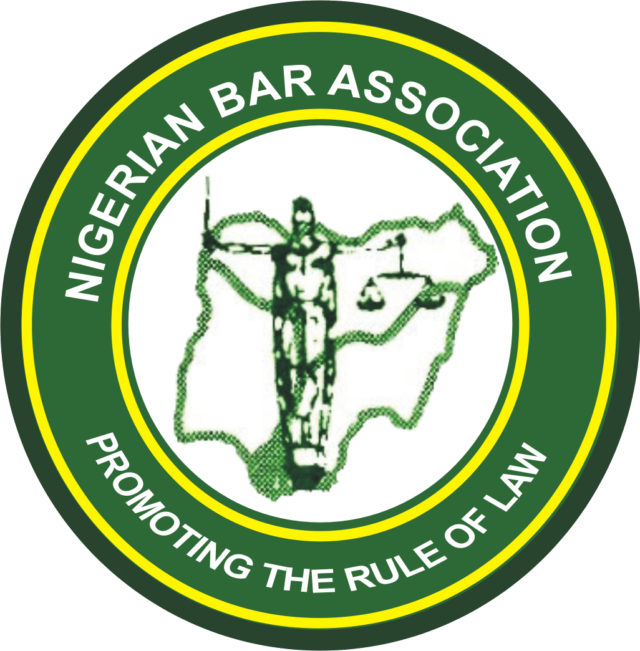By Usman Sani Salihu, Esq., LL.M. & Bashiru Ibrahim Esq.
The recent statement issued by a good colleague of ours, Alih Rabiidii Ibrahim, Esq., challenging the Nigerian Bar Association (NBA) Kano Branch’s principled stance on Alhaji Ibrahim Namadi – the Honourable Commissioner for Transport’s decision to stand as surety for a drug-related suspect at the Federal High Court warrants a dispassionate and legally grounded response. While lawyers are entitled to their opinions, such views must be rooted in law, ethics, and public duty not emotional defences of conduct that raise serious legal, moral, and institutional concerns. The views of our colleague seem to stand alone against the overwhelming support for the position of the NBA.
1. The NBA’s Statement Was Neither Reactionary nor Legally Unfounded
Contrary to claims of “premature action” or “trial by media,” the NBA Kano Branch acted within its constitutional and professional mandate to address matters affecting public office integrity, justice administration, and the legal profession’s reputation. Silence in the face of conduct that undermines public trust in the legal system would have been a dereliction of duty.
The core issue is not the legality of a public officer standing surety which the law permits but the propriety of a sitting Commissioner and member of the State Executive Council (the highest decision-making body of the state) vouching for an accused drug trafficker. Such an act, regardless of intent, risks eroding public confidence in the state’s commitment to justice and moral governance.
Read Also: Drug Baron’s Bail: Governor Yusuf Orders Probe Into Transport Commissioner’s Alleged Involvement
2. Lawful Conduct Does Not Preclude Scrutiny
While the law may permit certain actions, legality does not always equate to ethical or moral propriety. Public officials, by virtue of their positions, are expected to adhere not only to the letter of the law but also to higher standards of accountability and integrity. This expectation stems from the public trust vested in them and the influence their conduct has on public perception and institutional credibility.
In this context, the decision of the Commissioner to stand as a surety raises broader concerns beyond mere legality. It opens the door to legitimate scrutiny of his judgment, the nature of his affiliations, and the broader implications of his action. What message does it send to the public when a serving government official lends personal support in a legal matter that may intersect with public interest or political controversy?
Public accountability, therefore, demands not just technical compliance with the law, but also a careful weighing of how such actions are perceived in terms of propriety, responsibility, and the values expected of public office holders.
3. Public Officers Are Held to a Higher Standard
Equating the Commissioner’s role with that of private citizens is misleading. While public officers retain constitutional rights, their actions are subject to heightened scrutiny due to their symbolic role in governance. References to suretyship by Senators Abaribe or Ndume are inapposite; their cases also faced public and judicial scrutiny, proving that no such act escapes ethical examination. More so, the actions of these Senators cannot be authority or justification. They are not the parameter for judging right and wrong otherwise every sector will emulate the series of sagas in the National Assembly.
4. The NBA’s Demand for Transparency is Justified
The demand for the Commissioner to publicly clarify his motivations for standing as surety is neither unconstitutional nor an intrusion into his personal liberties; rather, it is a legitimate exercise in democratic accountability. In a political environment frequently criticized for elite protectionism and selective justice, such scrutiny is essential. The Nigerian Bar Association’s inquiry does not seek to criminalize an act but to interrogate the context and potential implications of that act particularly whether it signals a deeper, troubling alignment between political office holders and individuals facing serious criminal allegations.
This is especially important in the context of the state’s ongoing efforts to combat drug-related crimes. When a senior government official chooses to vouch for an accused person in such a case, it raises critical questions: Does this act reflect personal conviction, or does it suggest institutional complicity? Does it inadvertently erode the legitimacy of the state’s anti-narcotics campaign? These questions are not only fair—they are necessary for preserving public trust in governance and the rule of law. The Hon. Commissioner seems to have put his personal interest against his official duties and acted contrary to government policy thereby breaching Rules 1 and 9 of the Code of Conduct for Public Officers as contained in Part 1 of the Fifth Schedule of the Constitution of the Federal Republic of Nigeria 1999 (as amended) which respectively provide thus:
“A public officer shall not put himself in a position where his personal interest conflicts with his duties and responsibilities.”
“A public officer shall not do or direct to be done, in abuse of his office, any arbitrary act prejudicial to the rights of any other person knowing that such act is unlawful or contrary to any government policy.”
5. The NBA Kano Branch Acted Within Its Mandate
The assertion that the NBA overstepped its boundaries is erroneous. The NBA Constitution empowers the Association to uphold the rule of law, promote governance accountability, and regulate professional conduct. Challenging actions that jeopardize public trust in institutions aligns squarely with this mandate.
The case of Abacha v. State (2002) is misplaced and misapplied in the given circumstances. The case affirms Courts’ discretion in bail matters simpliciter; it does not absolve public officers from accountability when their actions raise ethical or political concerns.
6. Upholding Institutional Integrity Is Paramount
This issue transcends legal technicalities. It is about public perception, trust, and the obligation of leaders especially legal practitioners and public officials to safeguard justice. The fight against drug trafficking requires not only courtroom victories but also moral leadership from those in power and beyond.
Whether the action of the Commissioner met the broader expectations of leadership and sound judgment remains a question the NBA is duty bound to raise.
Read Alao: NBA Kano Chair Raises Alarm Over Rising Human Rights Violations
7. Conclusion
The NBA Kano Branch’s statement is a call for accountability, not persecution; a plea for introspection, not condemnation. It reminds us that public office demands adherence not only to the law but to its spirit. We respectfully, urge the Bar and the public to assess this matter through the lens of justice, ethics, and institutional integrity not partisanship. We also align ourselves with the views expressed by Sunusi Musa, SAN in his write up on this issue. What happens now that it was alleged that the Defendant has jumped bail? How was the N5,000,000 deposited sourced? Who are the big names that influenced the Hon. Commissioner to stand as surety?
We also note that even the Appellate Courts have in recent times jettisoned the propriety of requiring civil servants or public officers to stand as sureties. See for instances the case of IGP & ORS V. EBOH (2022) LPELR-57395(CA). In the case of DASUKI v. THE D.G, SSS & ORS (2019) LPELR-49182(CA), the penultimate Court of the land held thus:
“….Let me quickly say that of concern it is to us that as a Court we must be ready and sensitive enough not to allow or do anything that will run foul of the law. The issue of involving civil servants or Public Officers in the Public Service of the Federation and the state in bail of people accused of criminal offences has never been the practice in Nigeria or any part of the civilized world. It was an oversight on our part to allow it in. Our Civil and Public Service Rules do not have any room for it. Expecting a Level 16 Servant to own property worth N100,000,000, will be running counter to the Public Service Rules and by extension the war against corruption. It is in this respect that I will act ex debito justitiae to ensure that the aspect of involving serving Public Servant not below the status of Level 16 Officer in either the state or Public Service of the Federation or any of its agencies be removed and I so order….” Per ADAH, J.C.A (Pp. 9-13 paras. A)
What more of a member of the highest decision-making body of the state which has launched war against drug abuse. In fact, one may be tempted to ask whether the Government is pooling the wool over the eyes of the populace? Action, they say, speaks lauder than voice. Will the state rant and chant war against drug and turn around to condone same and big names influencing one another to condone same! We are in no way demining the presumption of innocence but then morality and society’s ideals cannot be detached from the Law. The Government must also respect its policies.
Read Also: Kano Drug Leader Case: Gov. Yusuf Inaugurates Investigative Committee
Will leave it to posterity to judge the kind of leaders we have at the helm of affairs who will stand as surety and later turn ignorance of the offence allegedly committed for which they undertake to vouch for the Suspect’s continuous presence in Court. The presumption is always that the surety knows the whereabouts of the Defendant he stood for. Therefore, if the information that the Defendant has jumped bail is true, then the Honourable Commissioner must produce him.
“Justice must not only be done; it must be seen to be done. And it begins with those who govern.”
Signed
Usman Sani Salihu, Esq. LL.M
[email protected]
+2348057808380
Basheeru Ibrahim Esq.
[email protected]
+2347038805851


















